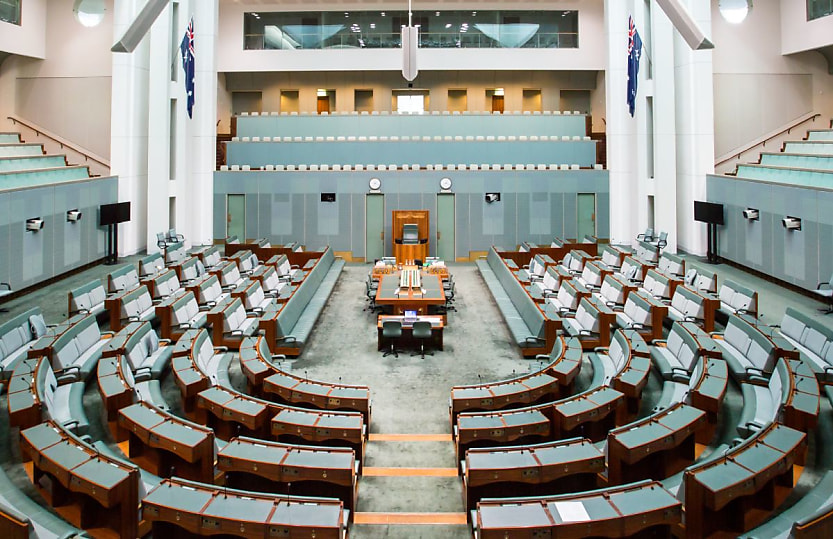Small business facing ‘legislative uncertainty’ with tax incentives now stalled

The inclusion of controversial super measures in the same bill as the instant asset write-off and efficient energy use tax deduction measures has jeopardised the passage of the reforms, says the IFPA.
The Institute of Financial Professionals Australia says the inclusion of two measures designed to support small business in the same bill as changes to non-arm’s length expenses for super funds is “unfortunate” and has rendered the bill “controversial”.
The Treasury Laws Amendment (Support for Small Business and Charities and Other Measures) Bill 2023 was first introduced into the House of Representatives in September but was referred to the Senate Standing Committee for the Scrutiny of Bills earlier this month.
The bill contains a measure to increase the instance asset write-off threshold from $1,000 to $20,000 for the 2023-24 financial year and a measure to provide small and medium businesses with access to a bonus tax deduction for the 2023-24 financial year relating to electrification and more efficient energy use.
IFPA head of tax technical Neville Birthisel said it was disappointing that the government chose to include contentious superannuation amendments in a Bill that was otherwise designed to assist thousands of Australian small businesses.
“The non-arm’s length expense rules that relate to superannuation funds have long been a topic of dispute. Their inclusion jeopardises the urgency of passing essential measures like the instant asset write-off and the energy efficiency incentive,” said Mr Birthisel.
“This leaves many of our members and the wider small business community in the dark, uncertain of how to proceed, when all they wish is to operate their businesses efficiently.”
The IFPA is urging the government to withdraw the non-arm’s length expense rules for superannuation funds from this Bill and act promptly to ensure the swift passage of essential legislative measures.
“[These measures] stand to benefit the small business community, thereby providing them with the much-needed certainty they require to plan for the future,” he said.
Mr Birthisel said it was not the first time that important measures have been held up due to bills being referred to the legislative committee for inquiry.
"The current situation bears a striking resemblance to past delays in the passing of crucial legislation, such as the technology investment boost, which only received approval a mere seven days before the incentive period ended,” he said.
In its submission to the Senate Economics Legislation Committee, the IFPA said it does not support the amendments to non-arm’s length expense rules contained in the bill.
Head of superannuation and financial services Natasha Panagis said the measures in the bill fail to address a number of critical issues caused by the 2019 amendments which introduced the NALE provisions.
“Our submission has identified serious flaws with the bill's intent, design and implementation of the NALE rules. The proposed legislation is overly complex, and the proposed amendments will make the NALE rules even more difficult for taxpayers and their advisors to interpret,” said Ms Panagis.
The IFPA said the NALE rules should be repealed so the law (295-550 ITAA 1997) is brought back to its pre-1 July 2018 terms. Existing regulatory tools should be used to deal with non-arm’s length dealings, the association said.
The association also said that exempting large APRA-regulated funds for both general expenses and specific expenses NALE but subjecting SMSFs and SAFs for both is unfair.
“The proposal as it stands will result in an unloved playing field between APRA-regulated funds and smaller funds and does not promote tax neutrality/equality across the superannuation sector,” the submission said.
About the author







